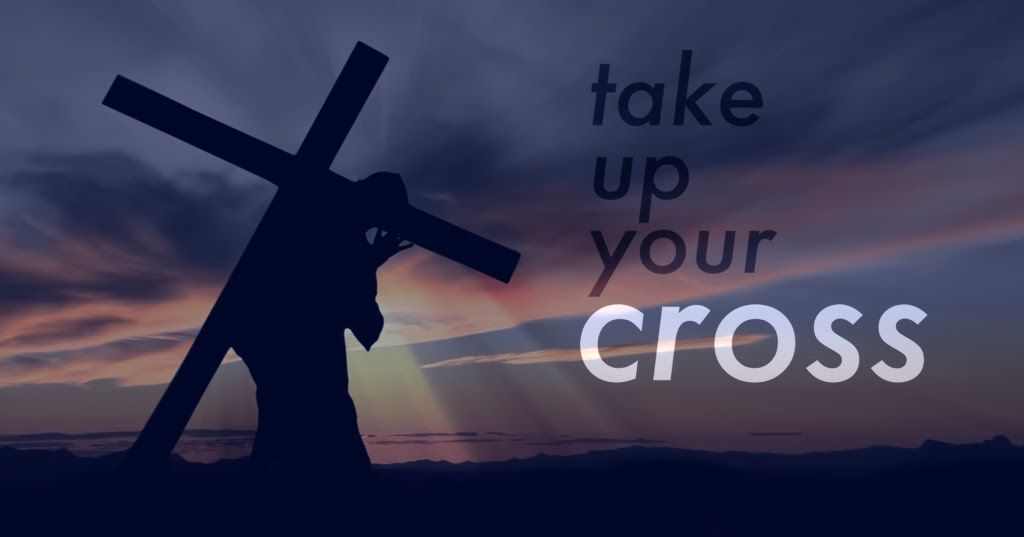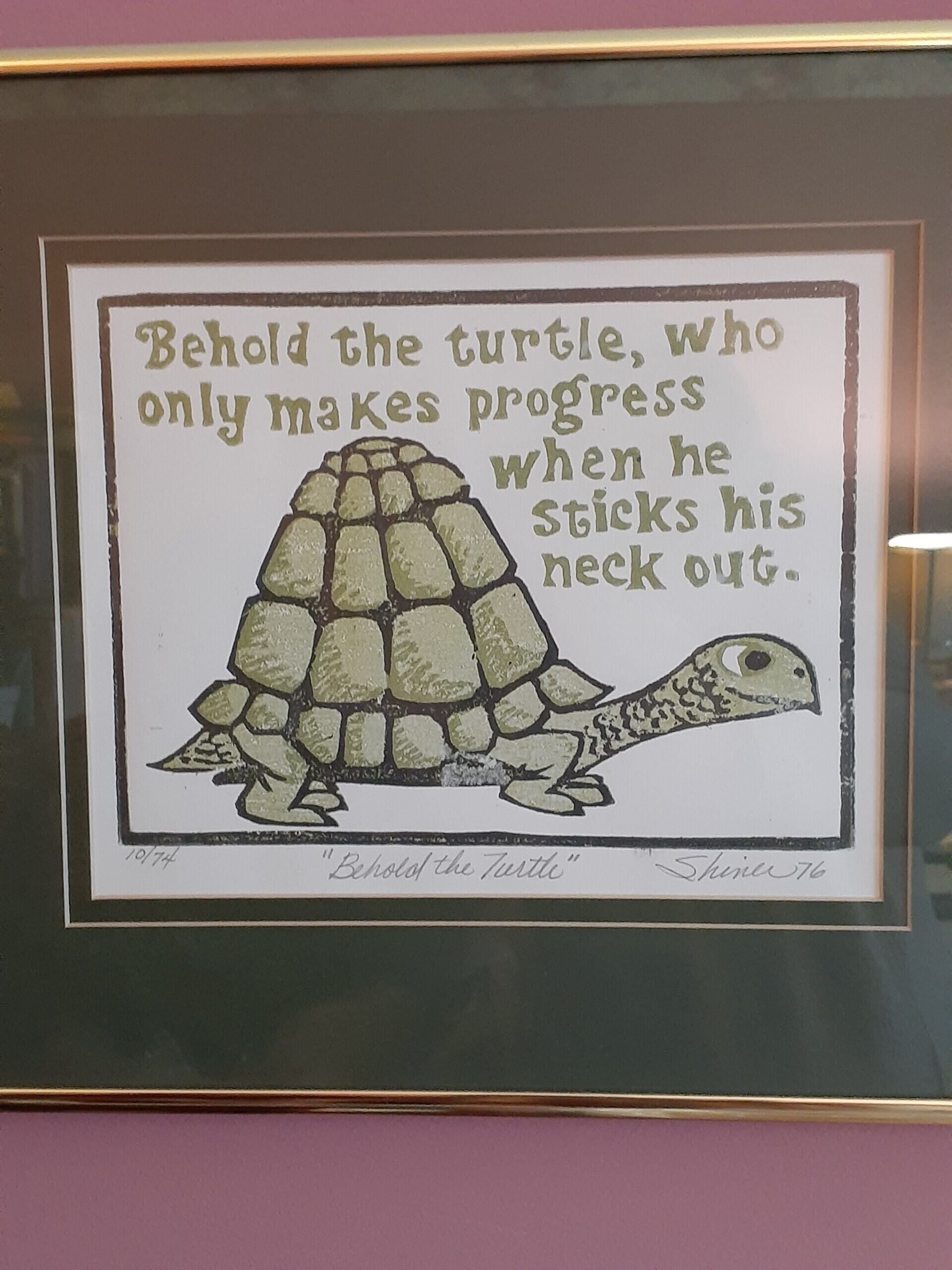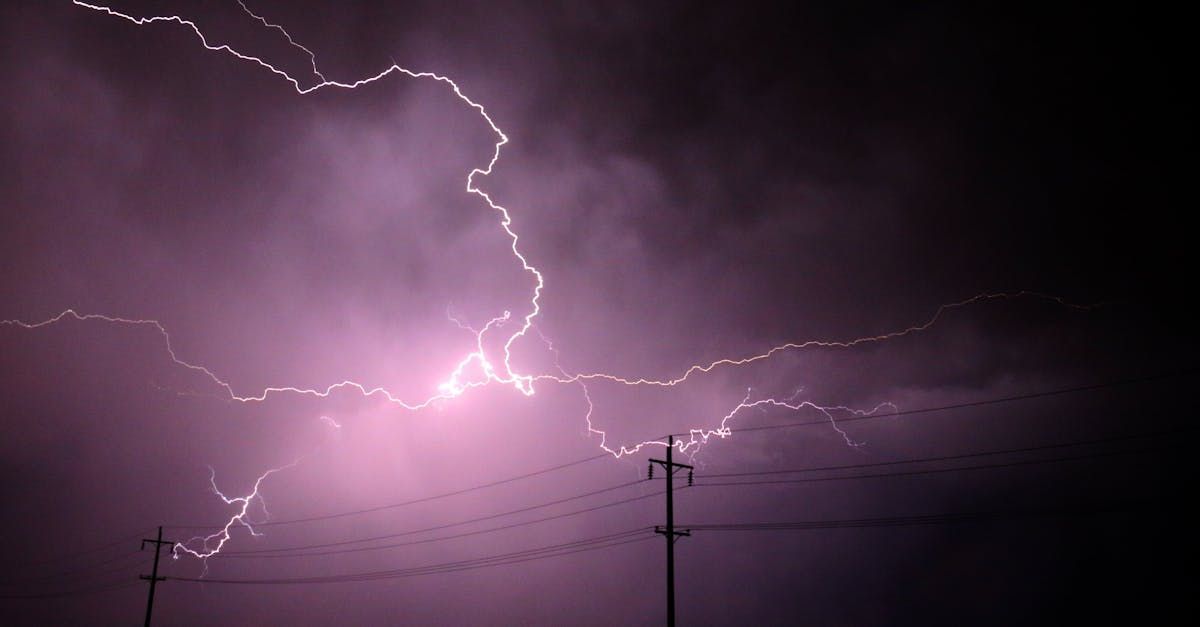A sermon about the places where we find hope.

Luke 21:5-19
Isaiah 65:17-25
November 13, 2022
Rev. Fa Lane
“For I am about to create new heavens and a new earth; the former things shall not be remembered or come to mind.”
What beautiful imagery in Psalm 85. God restoring the fortunes of Jacob, those who felt God had abandoned them, punished them. There is God forgiving iniquity/the injustice done by people; pardoning all their sin, their willful transgressions. God withdrawing from wrath and turning away from anger to become a safe harbor, a father reaching for his children, a mother comforting her own. If you’re able to imagine yourself as one of those, take a big breath and let that image of redemption and restoration settle in your bones. Oh, God, that feels good; let it be so.
Both Luke and Isaiah talk about dark and troubling days, and both point to God’s salvation as a reversal so that God’ salvation is the opposite of wars and insurrections, earthquakes and plagues. We are living with many of those things occurring right now. It’s troubling. But our hope is that God’s intention for peace and harmony will be the new things that makes things better.
Let’s review the promises of God’s salvation in those images from psalm 85 we just sang: God will speak peace. God will show steadfast love. There will be righteousness and good. The Old Testament gives us stories and prayers that speak of God’s fidelity and goodness, especially the psalms which were foundational scripts of the Hebrew people. Jesus knew these texts well, its reports and forewarnings of destruction and glimpses of hope. In Luke 21 he reminds his followers that there will be days of trouble but we are to endure with the hope of God’s authority even so, just as our foremothers and forefathers in faith did. We should put that prayer on repeat.
The book of Isaiah, which is a compilation of writings spanning several centuries, weaves together stories of judgement and salvation, ending and beginnings. It shows the struggles of the prophets through the centuries as they tried to make sense of God and the world in which they lived. In our time, we also try to figure out how to be devoted to God and how world events fit into God’s larger purpose. I don’t know if the world is any more overwhelming now than in Isaiah’s times, but I know it is overwhelming for me.
We pray for God’s intervention, for God’s protection, for people to put away thoughts of greed and violence, supremacy and retribution, for God’s new heaven and earth to be. The people of Israel who have been forcibly deported also prayed for that. The detainees in 8th century and 9th century BC, and those in the 21st century in the Palestinian Refugee camps like Aida, in Bethlehem are still praying for that.
I find comfort in the words of Rev. Dr. Martin Luther King, Jr that “the arc of the moral universe is long, but it bends toward justice.” When we read prophetic writings and observe the parallels in our own time, we look for the hopeful arc toward justice and peace.
So, if we must go through grief and agitation as Jesus tells us, where do we look for hope? Scripture tells us that God is able and will be faithful to their own Vision of a better world. Are we faithfully watching for the ways God is moving among us, attentive to where we see hope? Are we faithful to see where God is faithful? Does that bring us hope for our times?
Through the ages, Jewish and Christian people have added their own interpretations of the prophets’ words, for better or worse. Some have been emboldened by their interpretations to strive for power and influence in an effort to make the ancient prophecies come true. Others have taken a more reflective and patient responsive tactic waiting for God’s intervention.
In the last few months of political ads and message spinning, well - maybe more than a few months, I have heard a sort of parallel to today’s Isaiah reading. Basically, each politician tries to show us their vision of a better life and tries to get us to align with their vision of the future and vote for them. As long as it squares with God’s vision, we can entertain their ideas.
With a background of scripture, such as the beautiful imagery in Isaiah 65, I look for where policies and actions lead our nation to that vision. I read of God’s desire for fairness, generosity, and truth in the psalms. I am aware of the primacy in Jesus’ ministry of Isaiah 61, the script he read and began his ministry. I pray that our leaders announce good news to the poor, heal the heartbroken, free those who are captives, or pardon prisoners. As people of faith, we yearn for leaders whose policies might reveal a year of grace, those whose governance will bring comfort and care for all, and messages of joy instead of news of doom. Regardless of one’s political affiliation, we pray for our leaders and hope for God’s new creation.
It is a challenge to be faithful to God’s ideas of new creation because we’re all trying to figure out what that means in a multi-cultural world with diverse economic realities and scattered ethnicities, uneven distribution of wealth and healthcare and educational opportunities. Hope in a newly married couple. Hope is when your child enters school for the first time. Hope is when modern medicine is able to remedy your illness. Hope is a safe and affordable home you can live in. Hope is a family that receives you with love. I’d like for you to talk together for a few minutes about where you see hope.
I’d like for you to talk together for a few minutes about where you see hope.
So, turn to someone in your pew, and fill in the blank This is where I see hope for God’s vision of peace and harmony. What brings me hope is_________________.
Seeing and following God’s will requires careful study and reflecting time of self-examination. When we read the prophetic literature of Isaiah and see parallels to our own day, if we think that we will get a clear sense of cause and effect and what God would have us do, we must be aware of the literature’s history. Reading the historical books has its challenges. For example, the Book of Isaiah isn’t a linear story from a historical point A to and ending point.
Today’s Isaiah passage comes from what Bible scholars call the third Isaiah. Modern scholarship, for at least 200 years, has known that some parts of Isaiah could not have originated with the prophet who lived in the 8th century BC. You have to be careful about reading the Bible literally because there are discrepancies, for example, there are persons identified in some chapters, such as Cyrus, the Persian King, who simply did not live in the 8th century when the man Isaiah lived. So, it is clear that the book of Isaiah contains some content that benefitted from a later writer looking backward in time, writing with the knowledge of the actual history and spinning the details a bit to fit their purpose, to explain events in the way they wanted it to be heard, to teach a lesson they felt important. I’m not saying that was deceitful. They were interpreting for the learner based on what they knew happened. And, they were telling a cautionary tale so events of destruction, mass deportation, and oppression would not happen again.
The prophet Isaiah, or I should really say prophets, because scholars believe the book is a compilation of multiple writers over several centuries, they remind us of God’s faithfulness to us. There will be bad times, there will be good times, God will be with us; there is hope even in dark times if we look for it.
Christ’s wisdom in Luke instructs us to be ever ready to look for what new thing God is doing, what new insight is provided, to look for solutions that draw us into a new beam of God’s enlightenment. God is still speaking to us today. Isaiah tells us that the former things, our former “GoTo” answers won’t even come to mind.
(Sometimes, I jokingly wonder how that fits my experience. I often get chances to wonder what new thing God is creating when I walk into a room and can’t remember what I went for…)
This past Tuesday, Pastor Galen and I attended a Lancaster Association meeting and were privileged to listen to Hebrew Bible/Old Testament scholar Dr. Julia O’Brien from Lancaster Theological Seminary bring insights for preaching on the words of Isaiah in Advent.
In the season of Advent that starts on Nov. 27th, we listen to old prophecies for what is to come. But, prophets also describe what is happening, like a news report. A prophet would speak truthfully about conditions of the time and then share what God told them of what would come. We have to be cautious of whom we listen to as Jesus says in Luke 21:8, “beware that you are not led astray for many will come in my name and say ‘I am he!’
How do we know if the message is from God? Some we listen to on the news or at rallies have well-crafted talking points or ads. For me, messages that align with God’s heart speak of peace, justice, equanimity and establish policies that raise up the poor and forgotten; and tend to the sick.
As Dr. O’Brien explained, the prophetic book of Isaiah is replete with woeful times, times to lament and hopeful times, times to rejoice. This pattern has gone on since we’ve been keeping track of history, and it will go on. So, we pray for God’s vision to come: God’s will be done. In Isaiah 65, we hear of the day of God’s reversing salvation that makes the direction forward clear and smooth like a highway. God’s salvation will level every uphill battle for justice, every tumultuous climb for fairness; God’s salvation will reverse the gaps and valleys that divide us.
If you scan the previous chapters in Isaiah, you will read of God’s promises, God’s faithfulness to those God loves: Chapter 59 The Lord’s hand is not too short to save. Chapter 60 Arise, shine, for your light has come. Chapter 61 The Lord has anointed me to bring good news. Chapter 62 for Zion’s sake I will not keep silent until her vindication shines out. Chapter 63 Who comes from Eden…it is I announcing vindication might to save. Chapter 64 is a direct appeal to God to intervene and make things new.
Jesus speaks of a reversal too, in Luke 21 for today’s reading. He says the world’s turmoil will happen, don’t let it turn your eyes from God, for it’s just part of life. God is faithful. Look for God’s reversal. Hope for God’s salvation. Pray for God’s new creation. Endure in God’s love. Look for the light that pierces the darkness.
As a small example, I admit that when I voted on Tuesday, I was nervous about what I would see or hear at the polling station, based on a lot of concern for voter safety. But, I decided to be the best version of me I could muster as I participated in the election process. I greeted everyone at the polling station with a smile and genuine sense of appreciation for their presence. I tried to let my little light shine.
In life, I invite you to see the pendulum swing from despair to hope. May we choose to live faithful in hopes that God’s vision will prevail.








